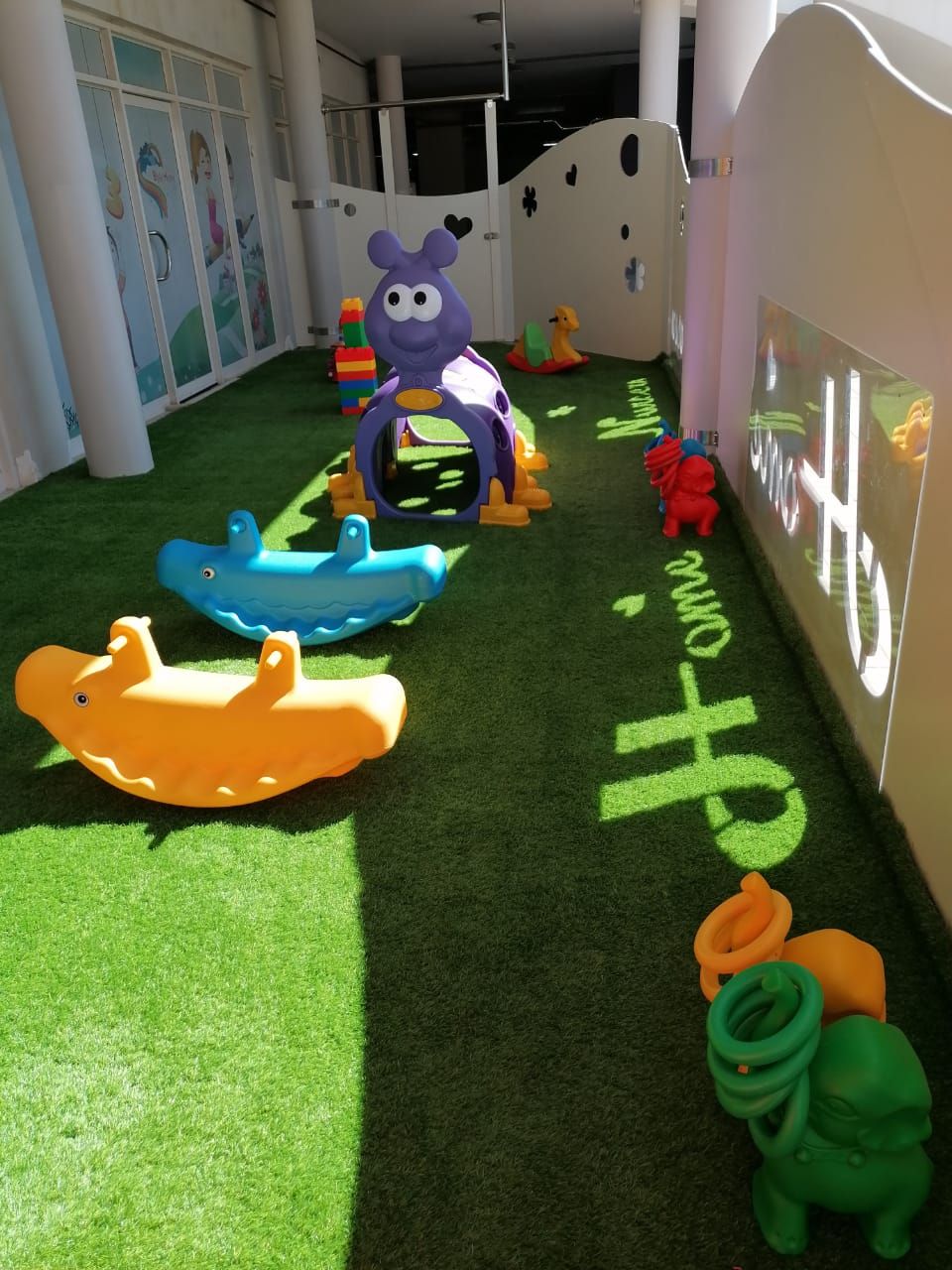
Keeping preschoolers entertained and engaged can be challenging, especially when they’re stuck at home. Fortunately, there are many fun and creative activities that you can do with your child that will help them learn and grow while having fun. Here are ten activities you and your preschooler can do together at home. Click this link to find a reliable nursery in JLT for your kids.
Indoor scavenger hunt:
Create a list of items for your child to find around the house, such as a stuffed animal, a book, or a specific toy. Give your child the list and set a timer, then watch as they race around the house, trying to find all the items on the list.
Nature walk:
Take a nature walk around your neighborhood, pointing out different plants and animals along the way. Bring a magnifying glass or binoculars to get a closer look at the things you see.
Building blocks:
Building with blocks is a classic activity that never gets old. Challenge your child to build a tall tower, a bridge, or a castle using different shapes and sizes of blocks.
Cooking together:
Cooking together is a great way to teach your child about measuring, following directions, and healthy eating. Let your child help measure and mix ingredients, and remember to let them taste-test along the way.
Drawing or painting:
Please encourage your child’s creativity by providing them with paper, crayons, markers, or paint. Let them create their masterpiece, or give them a prompt, such as drawing a picture of their favorite animal.
Dance party:
Turn on some music and have a party in your living room. Please encourage your child to move their body and dance to the music.
Sensory bin:
Create a sensory bin by filling a plastic container with rice, beans, or other material. Add small toys, spoons, and cups for your child to explore and play with.
Play dough:
Making and playing with play dough is a great sensory activity that can keep your child entertained for hours. You can make your play dough using flour, salt, and water, or purchase pre-made play dough.
Puzzles:
Puzzles are a great way to help your child develop problem-solving and fine motor skills. Provide your child with age-appropriate puzzles, and help them work through the puzzle if they get stuck.
Story time:
Read a story together, and encourage your child to ask questions and make predictions about what will happen next. You can also have your child retell the story in their own words or act it out with puppets or toys.




